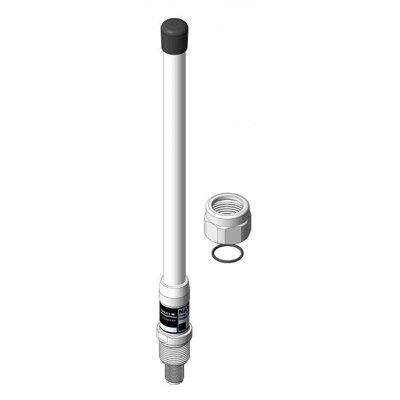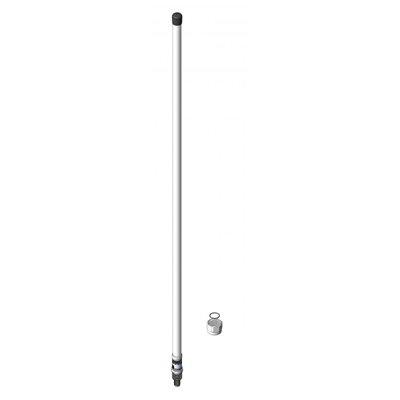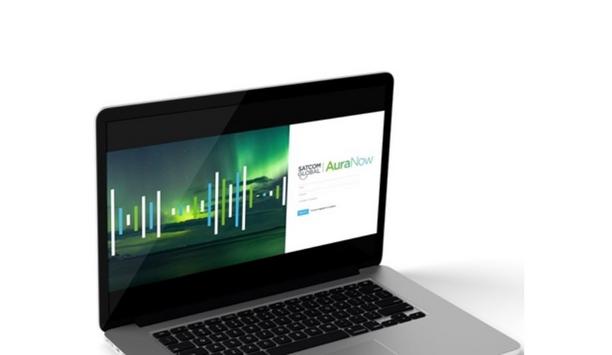MHI Group is pursuing a range of strategic measures to strengthen businesses related to the energy transition, and establishing a CO2 ecosystem is a key part of that effort. Further, Carbon Dioxide Capture, Utilisation, and Storage (CCUS) are attracting attention worldwide as an effective means to achieve decarbonisation.
LCO2 carriers play a pivotal role in transporting CO2 from its emission sources to storage sites or facilities for utilisation, and demand for these vessels is expected to increase in the future. Mitsubishi Shipbuilding is responding to this demand by actively pursuing the development and commercialisation of LCO2 carriers.
Structural design
MHI Group will develop & offer a wide range of technologies related to the LCO2 carriers LCO2 carriers transport liquefied CO2 gas as a liquid in a low temperature, high-pressure state. Accordingly, independent Type C tanks as defined by the IGC Code are typically used for the cargo tank system. A structural design based on standards for pressure containers is required when using a Type C tank.
There are various structural types for these tanks, including cylindrical, bilobed, and trilobed. A further important factor is to select a steel material for the LCO2 tanks with exceptionally high strength and low-temperature properties.
Studies on CO2 carriers
Looking ahead to the future, Mitsubishi Shipbuilding previously conducted studies on CO2 carriers in 2004 as a participant in the International Energy Agency (IEA)’s Greenhouse R&D program, utilising the advanced techniques for structural analysis, material evaluation, gas handling, and other expertise it has accumulated from the construction of liquefied gas carriers (Liquefied Petroleum Gas (LPG) and Liquefied Natural Gas (LNG) carriers).
Going forward, with this acquisition of an AIP for the LCO2 cargo tank system, MHI Group will continue to develop and offer a wide range of technologies related to the LCO2 carriers essential to building a CCUS value chain, and contributing to the realisation of a decarbonised society.















